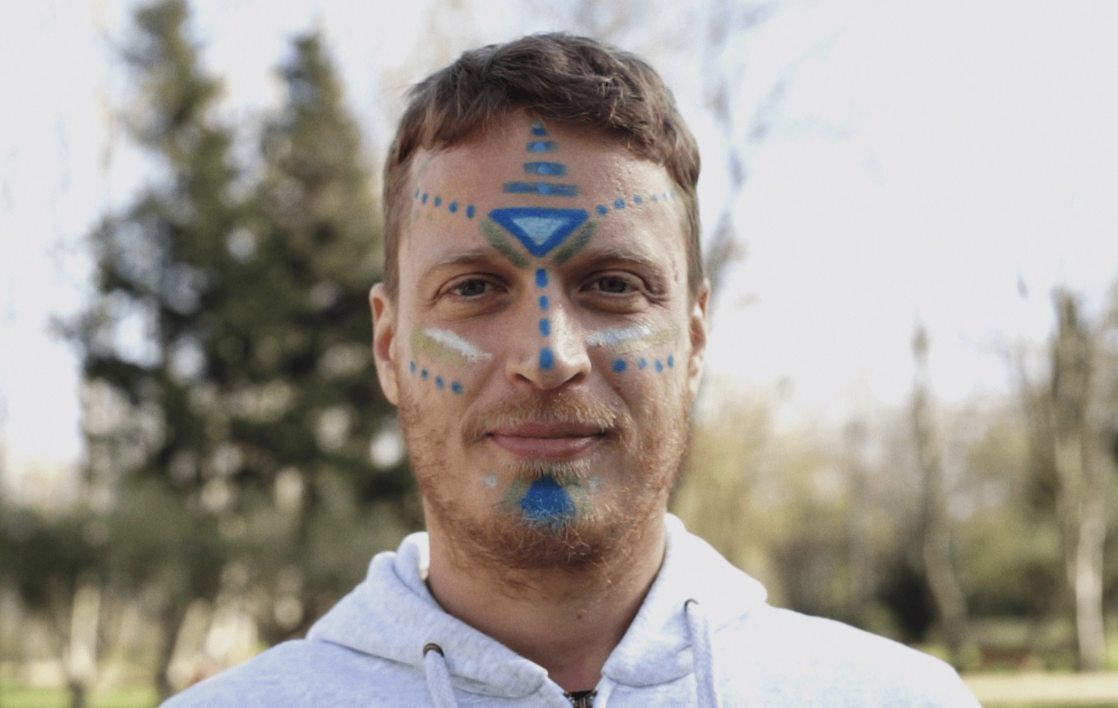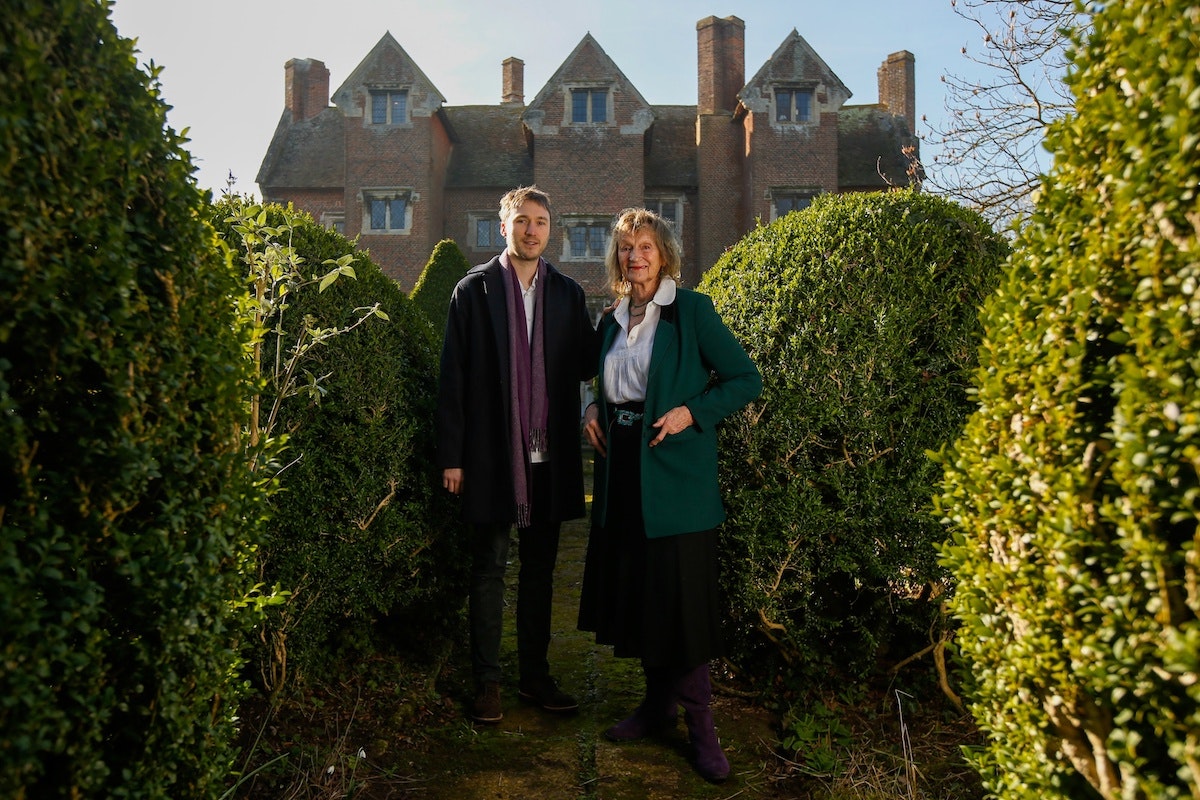Julius Dreyer, chief executive of Barcelona-based startup PlayaMedia, is the architect of a company team building experience that would make your typical HR consultant shudder.
The idea, to take his employees on a company-wide psychedelic Ayahuasca ceremony, was born when he was on a similar retreat himself earlier in the year. “This is really amazing, I want to do this with all of you,” he told his colleagues via Slack.
This invitation was a serious one. Ayahuasca is a powerful psychedelic brew of two plants, originating from cultures in the Amazon rainforest, where it is viewed as sacred. The brew is traditionally drunk in a ritual night time ceremony, led by a shaman, over a period of around eight hours.
When done in the correct setting, users of Ayahuasca often report learning transformative and profound lessons that they take back with them to their regular lives. If taken in the wrong setting, Ayahuasca experiences can be traumatic and sometimes deadly.
Six months on from the invitation, after a first interview with Sifted laying out his hopes and dreams for the retreat, Dreyer and his team jumped in a minibus and set off for the site of Avalon.Love, a high-end Ayahuasca retreat centre in the Catalan countryside.
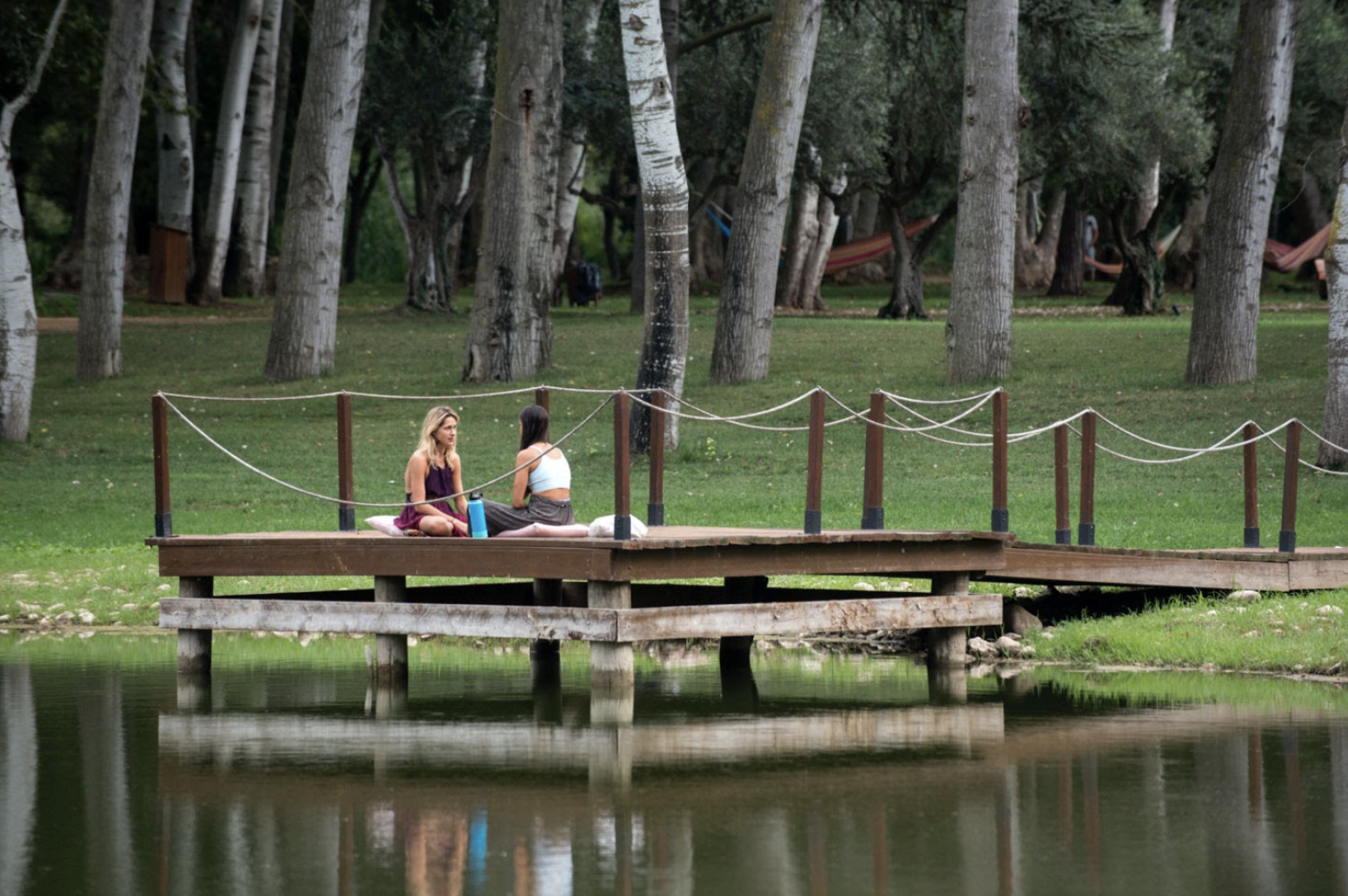
Founded by Alejandro Carbó and Gintare Petrauskaite in 2019, the organisation says its work with “plant medicine” seeks “to raise the consciousness of humankind, so we together can create a world that is based on love, compassion and oneness.”
Sound good? Let’s hear how it went for the PlayaMedia team.
“Am I going to shit myself?”
When Dreyer’s employees realised that the Ayahuasca retreat was actually happening, the reaction was a mixed bag.
Kristina Tischler, a product manager at PlayaMedia, told Sifted how the offer came as a convenient surprise.
“I was considering starting an Ayahuasca journey myself,” she explains. “When Julius offered this I was like, 'Great, awesome, I don't have to pay for it by myself.’”
And what about the prospect of taking a strong psychedelic substance with coworkers?
“I was thinking, ‘Oh this is cool because I can do this together with people I feel comfortable with.' And the thing is that the company culture that we have, there is no real disconnection between professional life and personal life,” Tischler says.
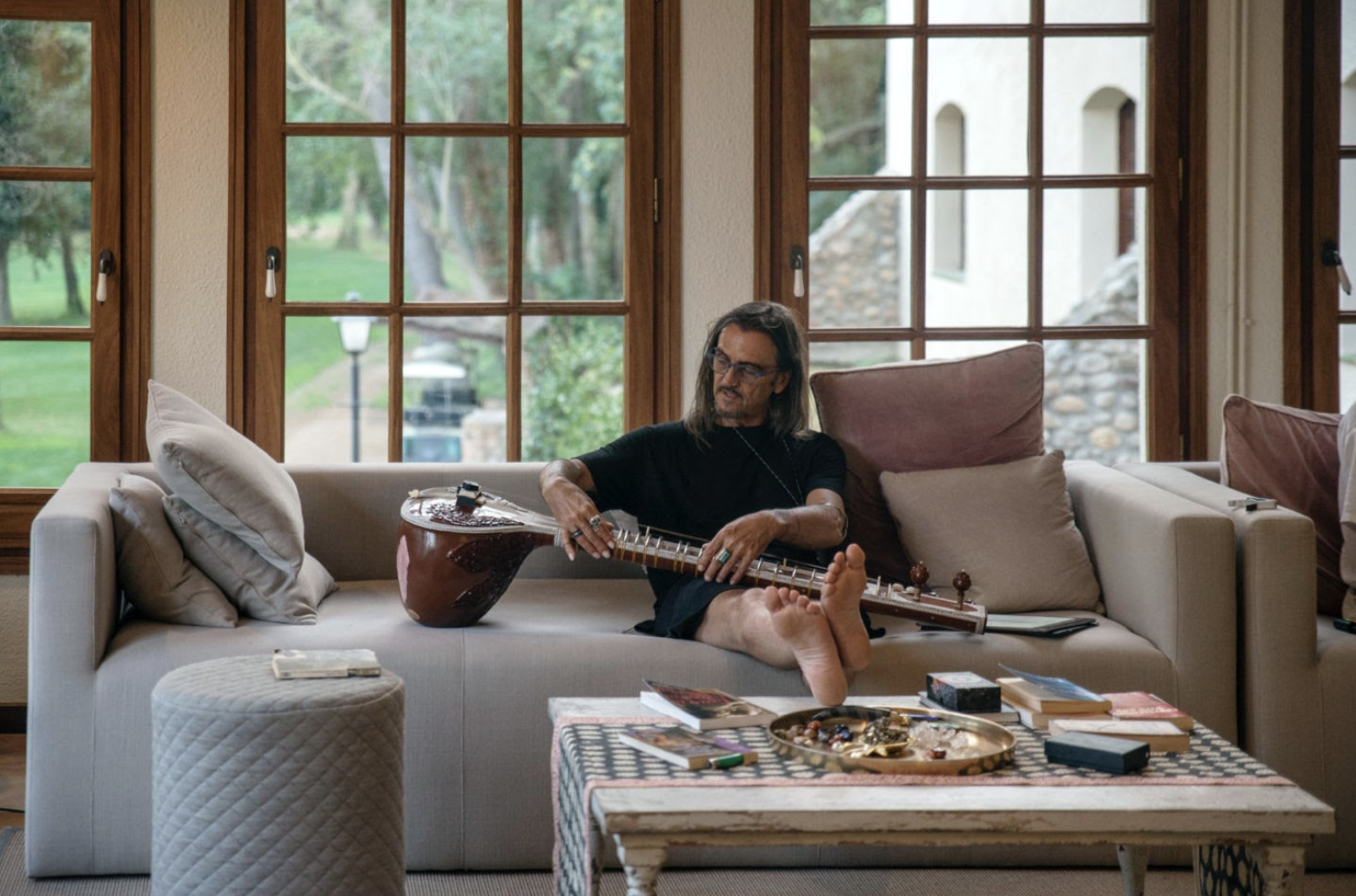
Not everyone was so convinced. Ronald Zinke, a community manager at PlayaMedia, was left bemused as he saw the plan take shape.
“The first point of view, I thought, 'Really? This is your boss calling for an activity like this?’ I was thinking about doing it and if I want to share my emotional and private feelings with my colleagues who I didn't know that well,” he says.
For others, the concerns were linked to Ayahuasca’s tendency to cause vomiting and diarrhea.
“I think for a lot of people there was a feeling of discomfort when it came down to: ‘Am I going to be unconscious? Am I going to do something embarrassing? Am I going to shit myself?'” remembers PlayaMedia brand manager, Melissa Mayr.
Ayahuasca in the time of the coronavirus
It wasn’t only the nature of the retreat that caused apprehension. With Spain only recently out of lockdown, the July date of the trip raised questions over whether the team should go at all.
“It was a big discussion in the office because of the timing. It was shortly after lockdown and people were still discussing, ‘Oh can we do that in July already? Is that something appropriate? Because you know everyone's drinking out of one cup, you share rooms,” says Mayr.
Eventually, upon learning that social distancing measures and mask-wearing would not apply at Avalon.Love, Dreyer had to level with his employees: “In the end we just had to sit down altogether and I basically said to the team, ‘It is going to be a certain risk, but if we want to do this we just have to take it.’ And everyone said ‘We agree, let’s take it.’”
But while the PlayaMedia team were prepared for a mask-free zone, not everyone was prepared for the hosts’ level of intimacy when they arrived.
“I was having a cigarette, then Gintare (Petrauskaite) came to me and hugged me from the back for more than two minutes and was whistling in my ear: ‘Calm down, feel free, you are a very happy person.' And it was a situation I felt so uncomfortable with because, 'no I don't want to get hugged,'” says Ronald Zinke.
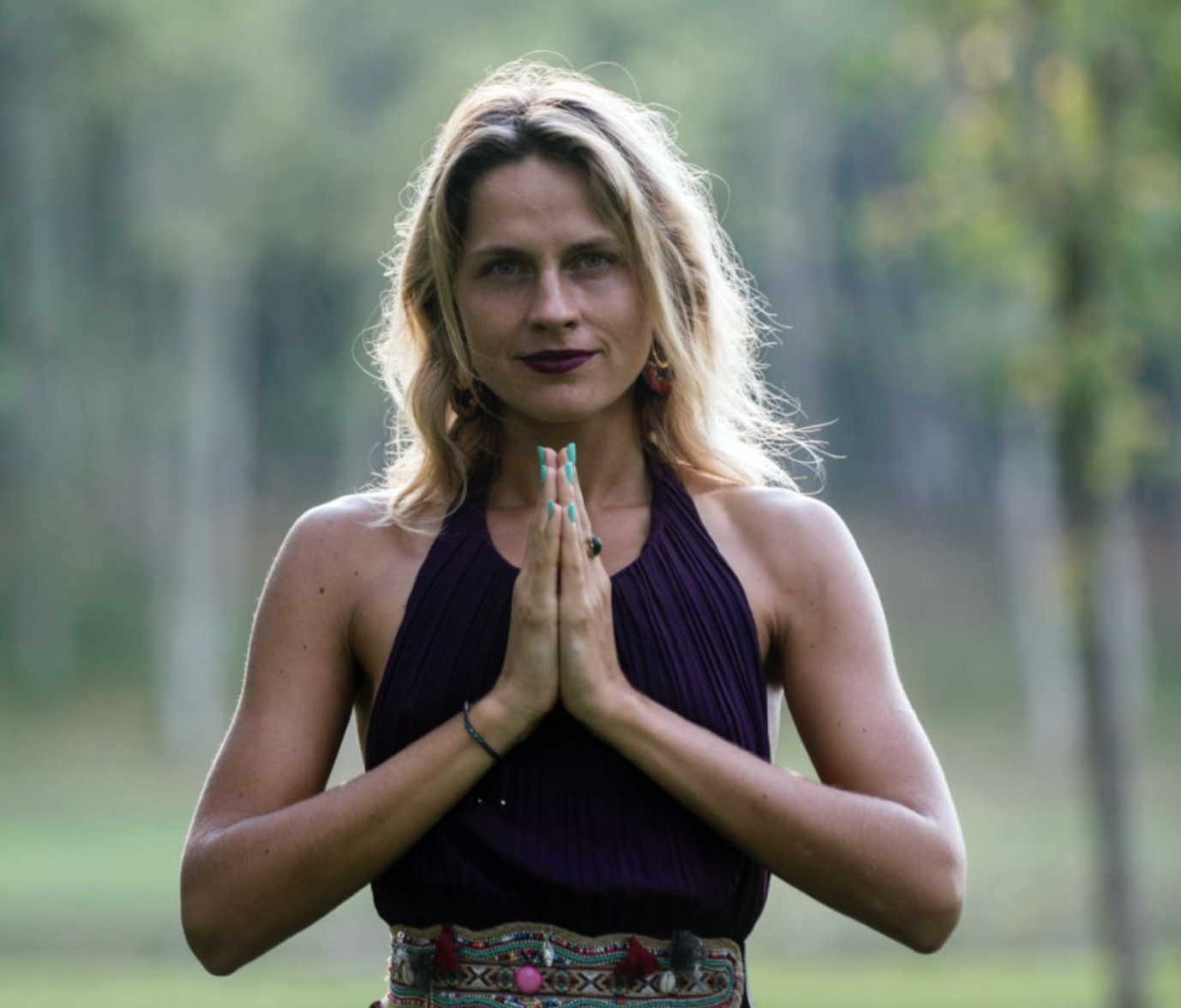
When Sifted asked Carbó and Petrauskaite about Avalon.Love’s approach to Covid-19 measures, Carbó made it clear that Ayahuasca and pandemic-related fears do not mix well.
“What we are aiming for is to overcome the fears, to break the walls, to connect to love, to understand each other. That is not possible with a mask,” he says.
“Freaking me out”
The global pandemic was not the only point of culture shock when the PlayaMedia and Avalon.Love teams met.
Carbó and Petrauskaite are unashamedly spiritual people, seeing themselves as interlocutors between sacred plant medicine and those who wish to experience it. And with prices for retreats at Avalon.Love starting from around €1,450, most people who attend have, to some degree, bought into that idea.
In the case of the PlayaMedia team, who were invited on an all-expenses paid basis, this wasn’t universally true.
“I think we as a team are so much more rational. We do not have the intention other people have going there. A lot of people pay a lot of money to be there and they are looking for spiritual awakening. We went there with Julius's idea,” says Melissa Mayr. “He asked us to join, we thought it's interesting and we went, but maybe 90% of us would have never done anything like this if this hadn't come up in the company.”
For some, this proposition of an unsolicited spiritual awakening was unnerving.
“The guides for me, they were like members of a cult. For me, they acted like being on drugs the whole day,” says Ronald Zinke. “They were freaking me out because it was like, I think a bit too much spiritual and esoteric stuff for me that I can't handle, so I made the decision that I couldn’t do the Ayahuasca.”
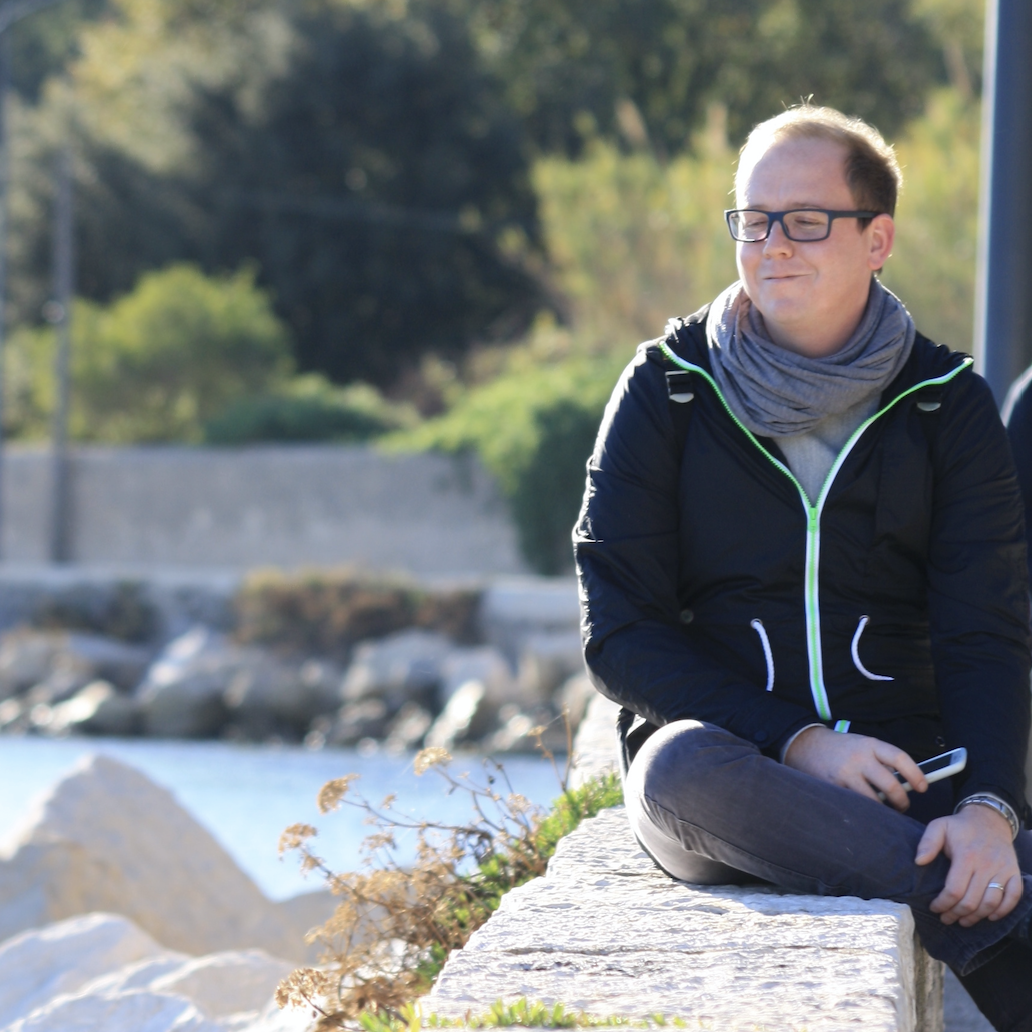
“Such a wonderful trip”
Dreyer’s invitation to his team was made on a purely optional basis. Employees were welcome to attend the retreat, but not sit in ceremony and drink the Ayahuasca brew, if they wanted.
Of the 14 team members who attended, four including Zinke, decided not to take part in the ceremony. The 10 who did were in for a wild ride.
Traditionally, Ayahuasca ceremonies are conducted at night, guided by a shaman, with participants expected to not speak with each other. Music is played, while the shaman passes round a cup of the brew to people sat in a circle.
While this might sound like it could be a quiet and peaceful experience, it was anything but for the PlayaMedia team.
“It was loud. There were so many instruments, so many noises of people yawning, puking, laughing, dancing, singing,” remembers Kristina Tischler.
“It's a lot for your body,” adds Melissa Mayr. “I've never vomited like that in my life. I can tell you it shoots out of both holes. You sit on the toilet, and you think it's coming from the back but it's coming from the front. I was physically exhausted. Your temperature changes from hot to cold, to shivering to sweating.”
Was there any discomfort around being so physically out of control around coworkers? Not a bit of it, according to Mayr.
“You forget it, you are so busy with yourself. Very busy with yourself!” she laughs. “It's physically a lot to take but I had such a wonderful trip, it's like you go in chapters, and you sleep in-between and I always had a sense of something calming me down.”
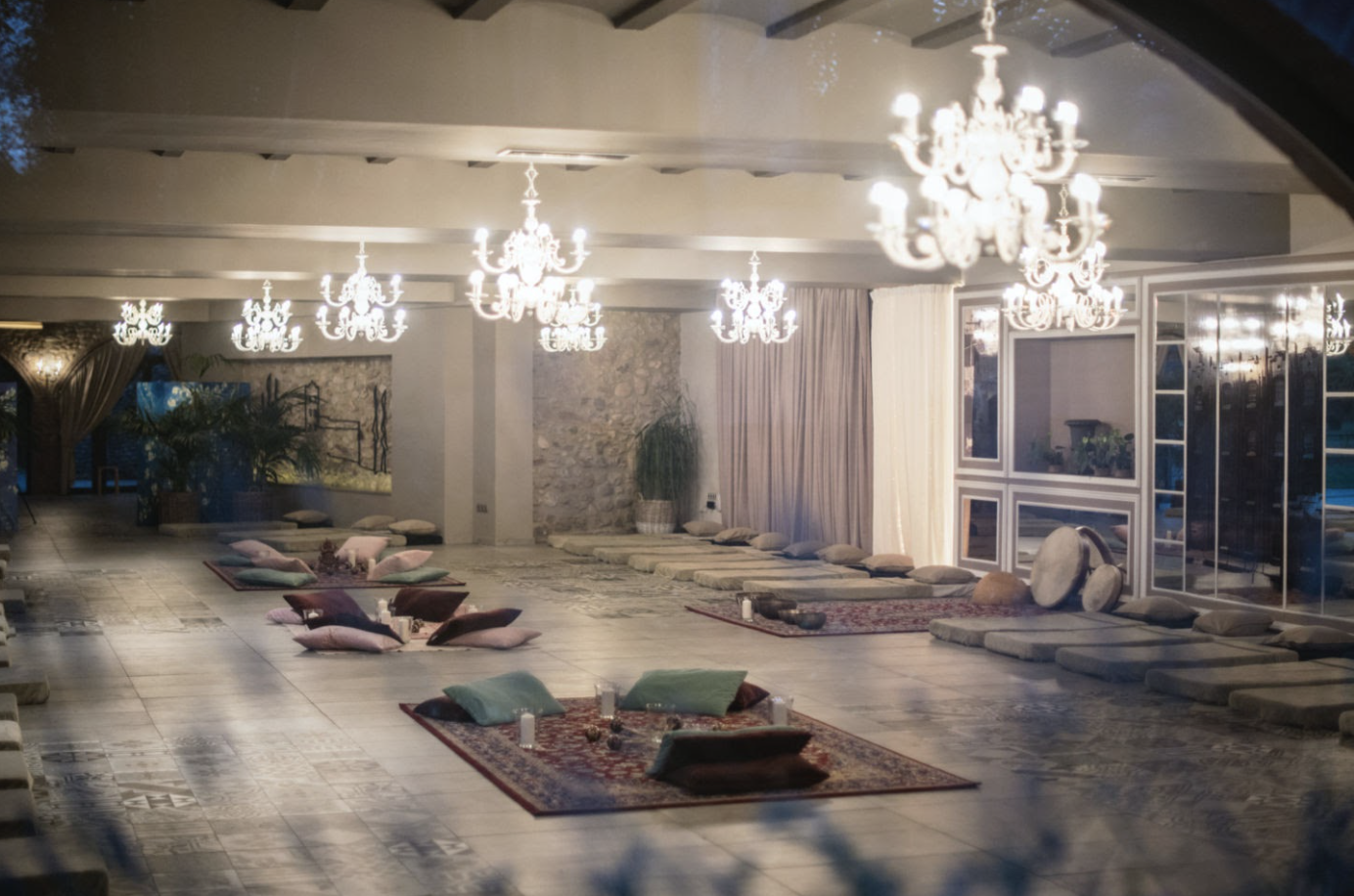
Tischler also describes going through different stages as the Ayahuasca took effect, with some moments of psychological distress.
“I kept on thinking and thinking and thinking and all I wanted to be was calm, and I couldn't do this. I had no control over my thoughts, and this was almost driving me crazy,” she says. “I just wanted the night to be over, I wanted it to stop.”
Eventually however, as she relaxed into the experience, Tischler describes reaching a place of deep serenity.
“I was able to control my thoughts and I felt calm and at peace and this feeling that my heart was glowing. It was such an incredibly amazing feeling.”
“I wasn’t aware of the risk”
It’s worth remembering at this point that taking Ayahuasca is not without its risks.
A 2017 study published in the Journal of Medical Toxicology concluded that “while most use is reported to be safe and well tolerated, with possible beneficial effects, serious and life threatening adverse manifestations are possible.”
The most common health dangers associated with taking Ayahuasca are for people with cardiac conditions or for those taking anti-depressant medication. Avalon.Love requires people to complete a questionnaire before attending a retreat, asking about pre-existing health issues and prescription medication.
The answers to that form are then discussed in a one-to-one phonecall, where any potential health risks are explained. This process, however, was complicated by the fact that not everyone attending the PlayaMedia retreat was sure whether they intended to take Ayahuasca or not.
“One of the things that happened with this retreat is that we didn't have a clear picture of who exactly was coming and confirmed,” says Gintare Petrauskaite of Avalon.Love. “Most people at the end of the call, we said, 'Are you joining the ceremony?' 'No clue, probably not, maybe I'll just be in the retreat'. So it's very difficult for me to go into the prescription drug situation when a person says 'I don't even know if I'm going to be there'.”
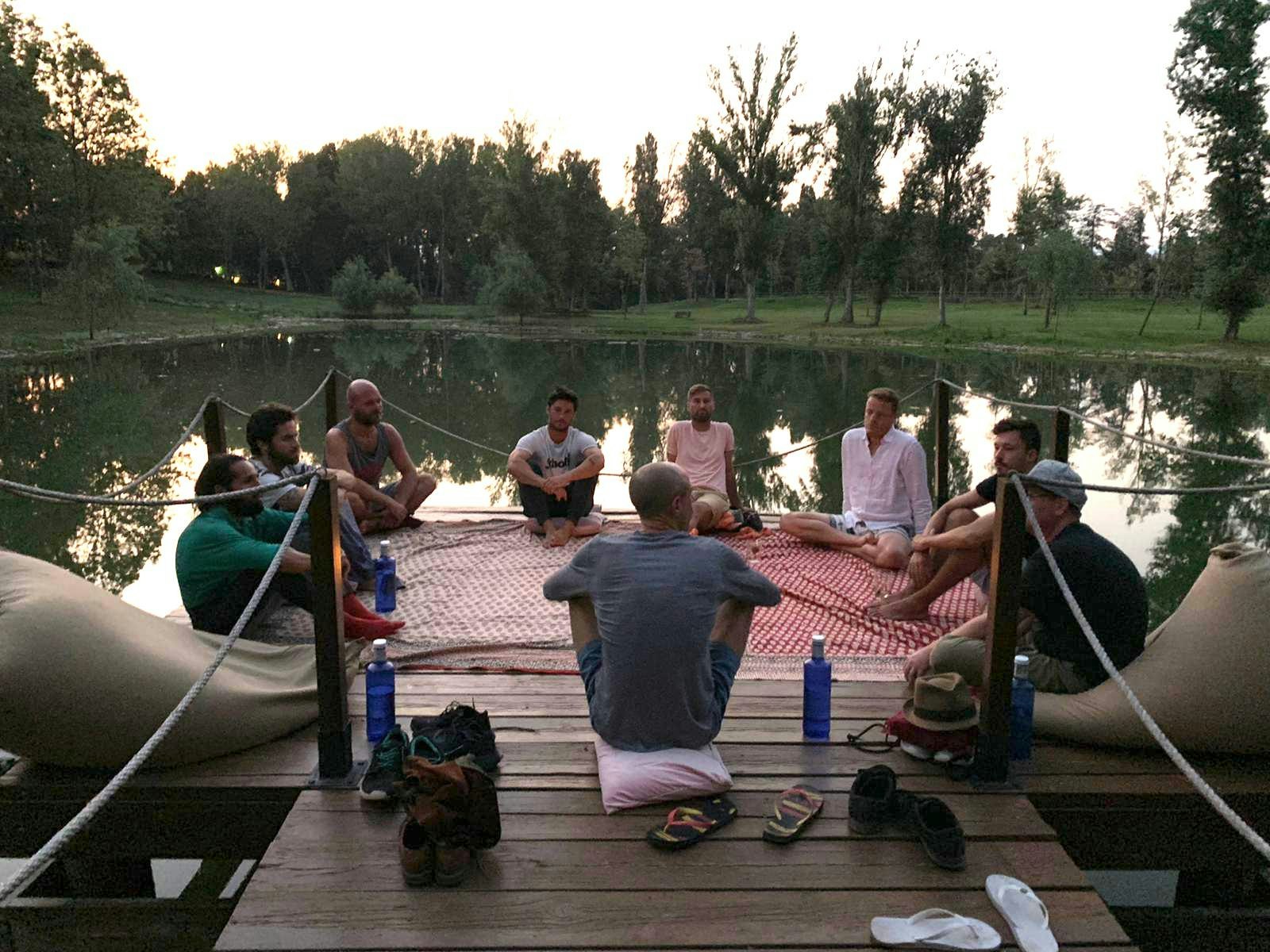
In one case, this lack of clarity around who intended to take Ayahuasca resulted in a worrying near miss.
One member of the PlayaMedia team, who had originally not planned on taking the brew, told Sifted that the fact she was taking antidepressant medication was only picked up by an Avalon.Love volunteer shortly before the ceremony began.
“I wasn't aware of the risk and I actually went into the Saturday like, 'I'm really excited to do it because after the first day I was too nervous', and I had a chance meeting about it with a volunteer which was so lucky,” she explains. “I put in the form that I was on that medication but it was never followed up.”
The Avalon.Love team told Sifted that in future they will ask for a definitive list of people who plan to take Ayahuasca.
When Sifted asked Julius Dreyer for his reaction to what happened he said, “I didn't have remorse, or like 'Oh fuck, that was really close or something’. I didn't feel the shock to that extent, but I also have to say I was quite busy with myself as well.”
Julius Dreyer also told Sifted that, in future, he would personally make sure that all medical checks were completed for the whole team.
Leadership
When asked if he feels personally responsible for what could have been a dangerous situation, Dreyer was reluctant to take on full accountability.
“I'm not fully responsible for people joining the retreat. This is an invitation to do the retreat, all of the people are grownups and I treated them this way, making up their own mind, making their own choices, being informed and informing themselves and reading the material thoroughly. So I don't want to take on too much responsibility,” he says.
Dreyer may not be responsible for personal choices but, as a co organiser of the event, many would argue that he does bear some responsibility for a potentially serious well-being oversight slipping through the net.
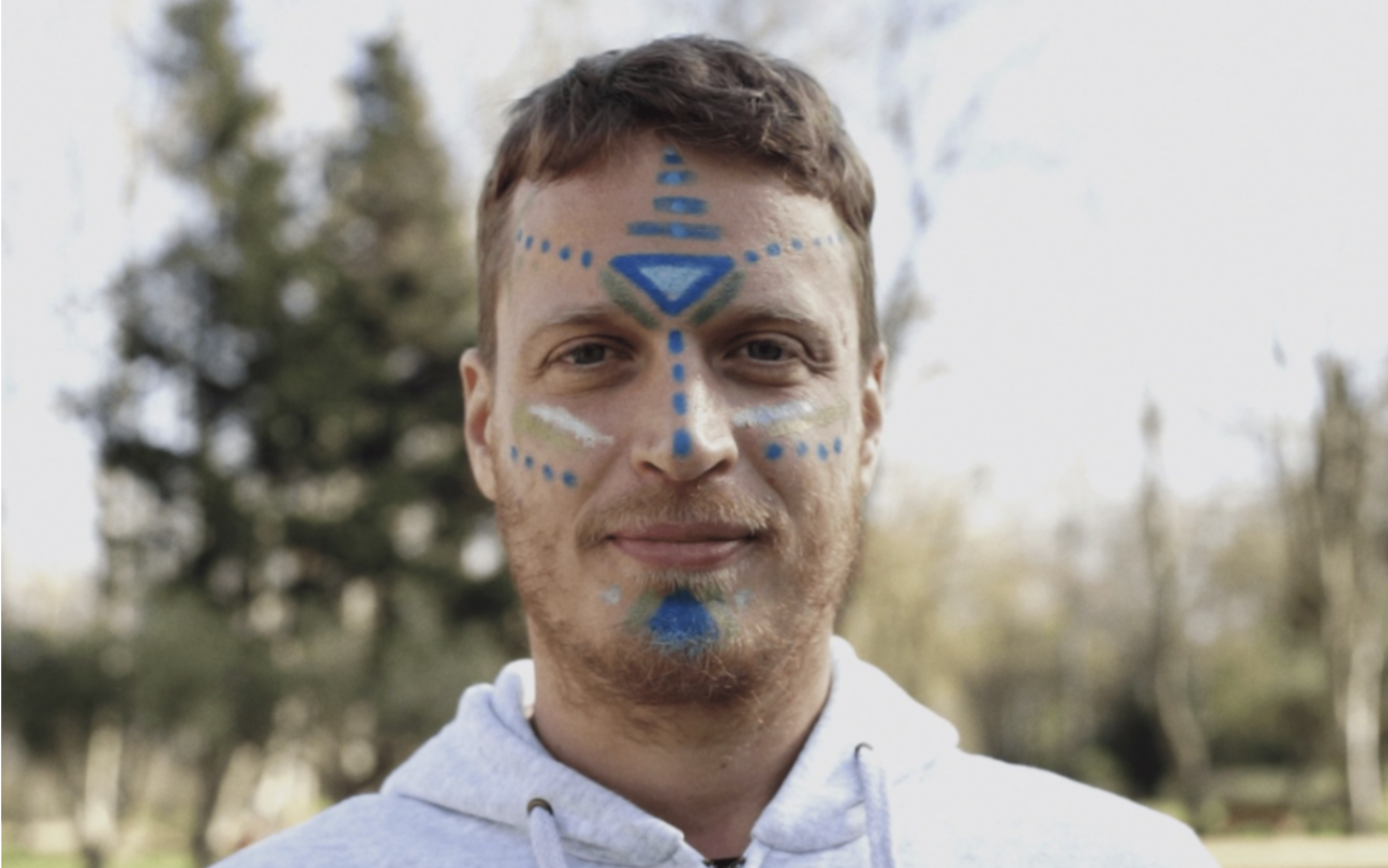
Dreyer was careful to emphasise that attending the retreat was fully optional, and that all staff were welcome to attend without taking Ayahuasca.
And while PlayaMedia colleagues agreed that many members of the team felt comfortable saying no to the invitation, some did address the issue of whether an employer-employee relationship complicates that question.
“I think everyone's an adult and if you don't want to do something you have the privilege to say no, but I think unconsciously it might influence you,” says Melissa Mayr. “He's still our boss, he's still our leader, I know he doesn't like to put himself in that position, he likes to have this flat hierarchy, but still you consider it in a different way.”
“Even though it's optional, it was called an Ayahuasca retreat so, yes, the reason we went was to join the ceremony. I can see that some people might not feel very comfortable saying no,” adds Kristina Tischler.
“Profound insight”
Despite these concerns, the team were able to take profound positives from the experience.
“I think it was such a powerful experience for so many people and that connects you a lot,” says Mayr. “I think the retreat was good for the team in terms of learning how to respect each other, respect each other's space, but also supporting each other on a different level, it's like an unspoken support.”
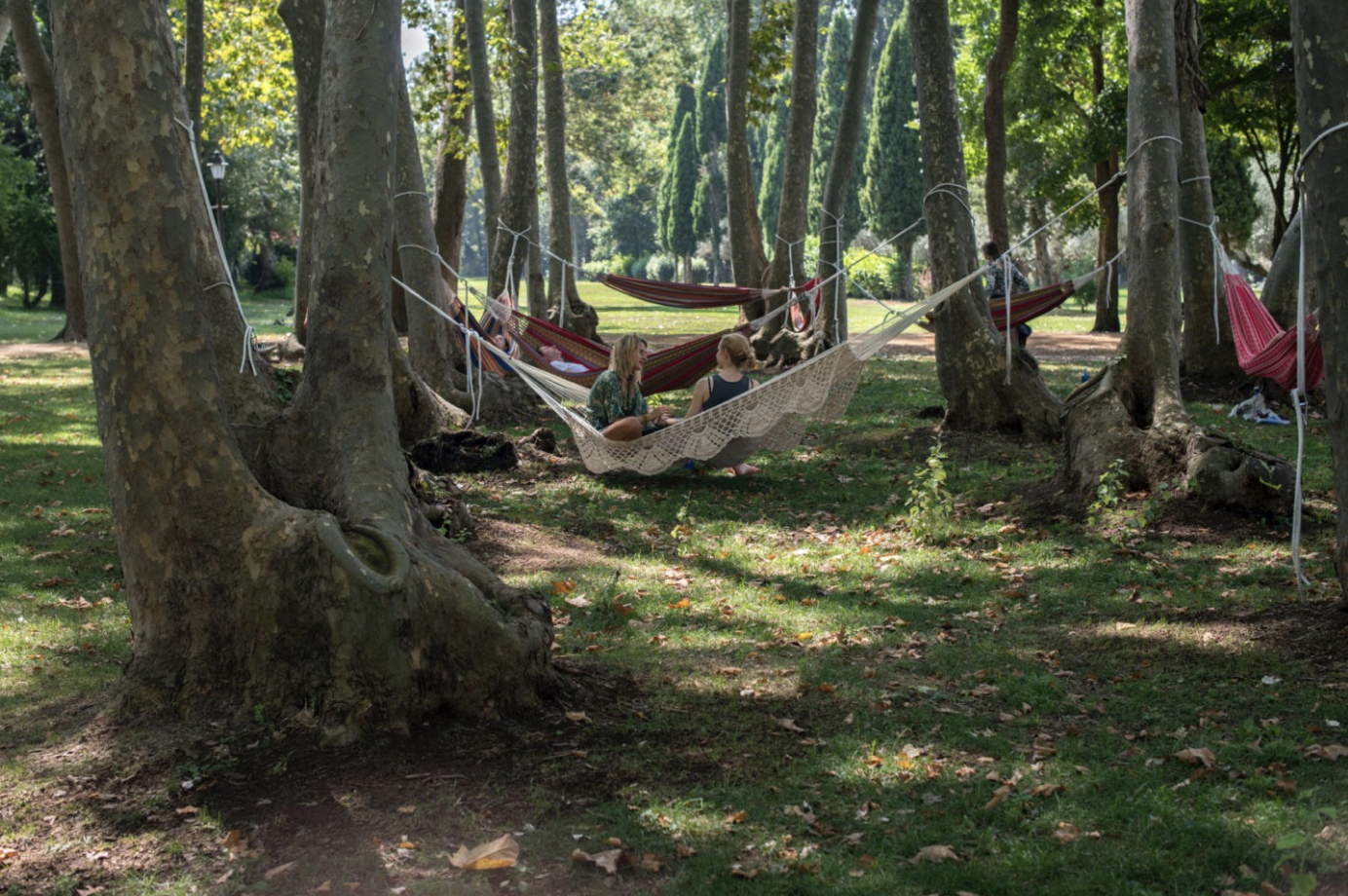
Tischler describes how she went into the ceremony with questions she wanted to address, but that the answers she got weren’t what she expected.
“In my life in general I do things quickly and I think quickly and my job requires me to multitask and my coworkers expect me to always remember everything, to always be on point, to always be precise, always be correct, always respond,” she explains. “There was a question that I didn't even ask, but the answer that I got was 'slow down'.”
As a result, Tischler has decided to reduce her working week to four days: “For me this 'slow down', it's so profound and it's really what I need.”
Decisions like this are exactly what Dreyer had hoped for from the retreat.
“To me, that was such a proud and happy moment because something on the retreat has opened up this other side and there is now room and safety to cultivate it,” he says. “This is exactly one of the outcomes that I was desiring: that we open up more as human beings, we become less workers, less machines, less rational human beings.”
Dreyer adds that another colleague had a positive takeaway, around looking after his personal health: “He had a profound insight that he really needs to take care of his body and he's really on a roll right now, he's stopped smoking, it's so beautiful to see.”
Playahuasca
Dreyer intends to organise other similar retreats in the future, under the working title of “Playahuasca”, and hopes to open the experience up to friends and family of the team.
“The willingness to enter such an experience with colleagues is unusual. It's very courageous, and I think it was a very rewarding experience and I'm very happy about it,” he says. “For me it's really an honour: facilitating spiritual growth, professional growth, emotional growth, to help people grow in any dimension really.”
These words are evidence of the fact that Dreyer sees himself as more than just a chief executive, and as a kind of spiritual enabler.
“All I can really do is help open these doors and I think that's the future of work really,” he says. “I think people are fed up with workplaces where they have to look the other way, or they have to deny certain aspects of themselves, or their deeper knowledge.”
Members of the PlayaMedia team that Sifted spoke to were all positive about how the retreat went, and how it strengthened their connections as colleagues.
But, given the deeply personal decisions involved in taking Ayahuasca, some will still question whether this mind mending approach to team building is an appropriate invitation for a boss to make to colleagues.
